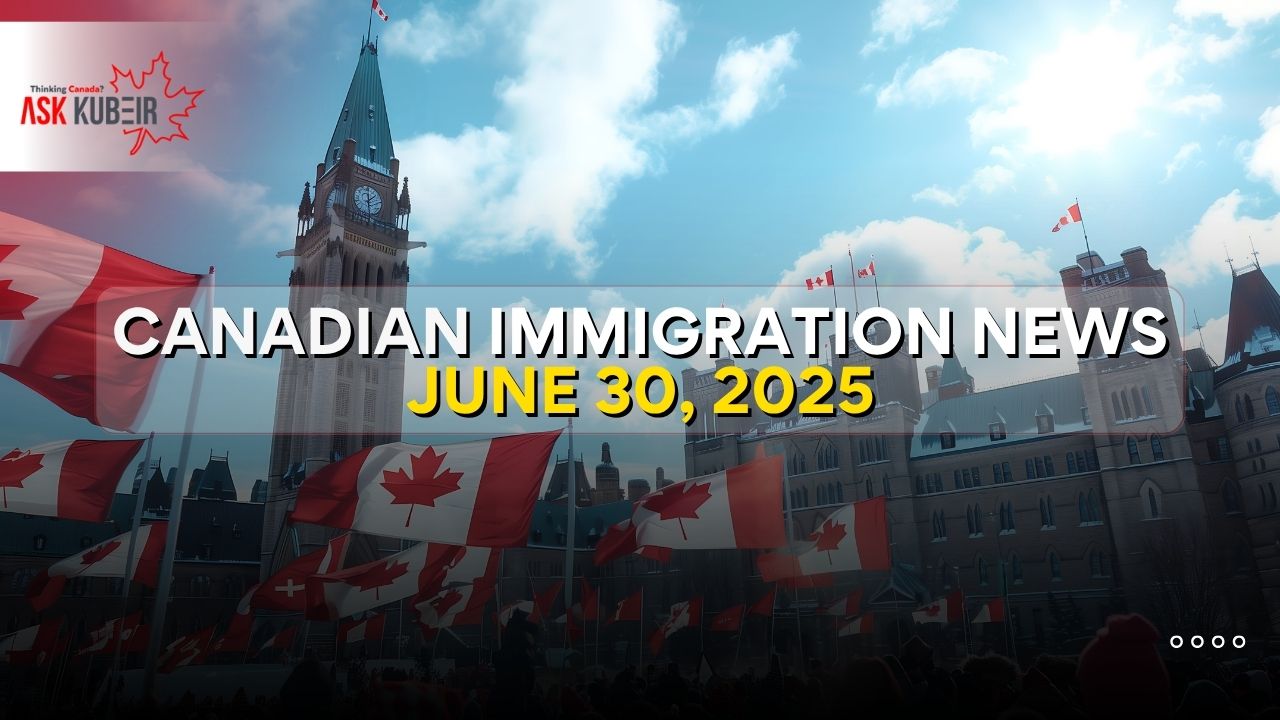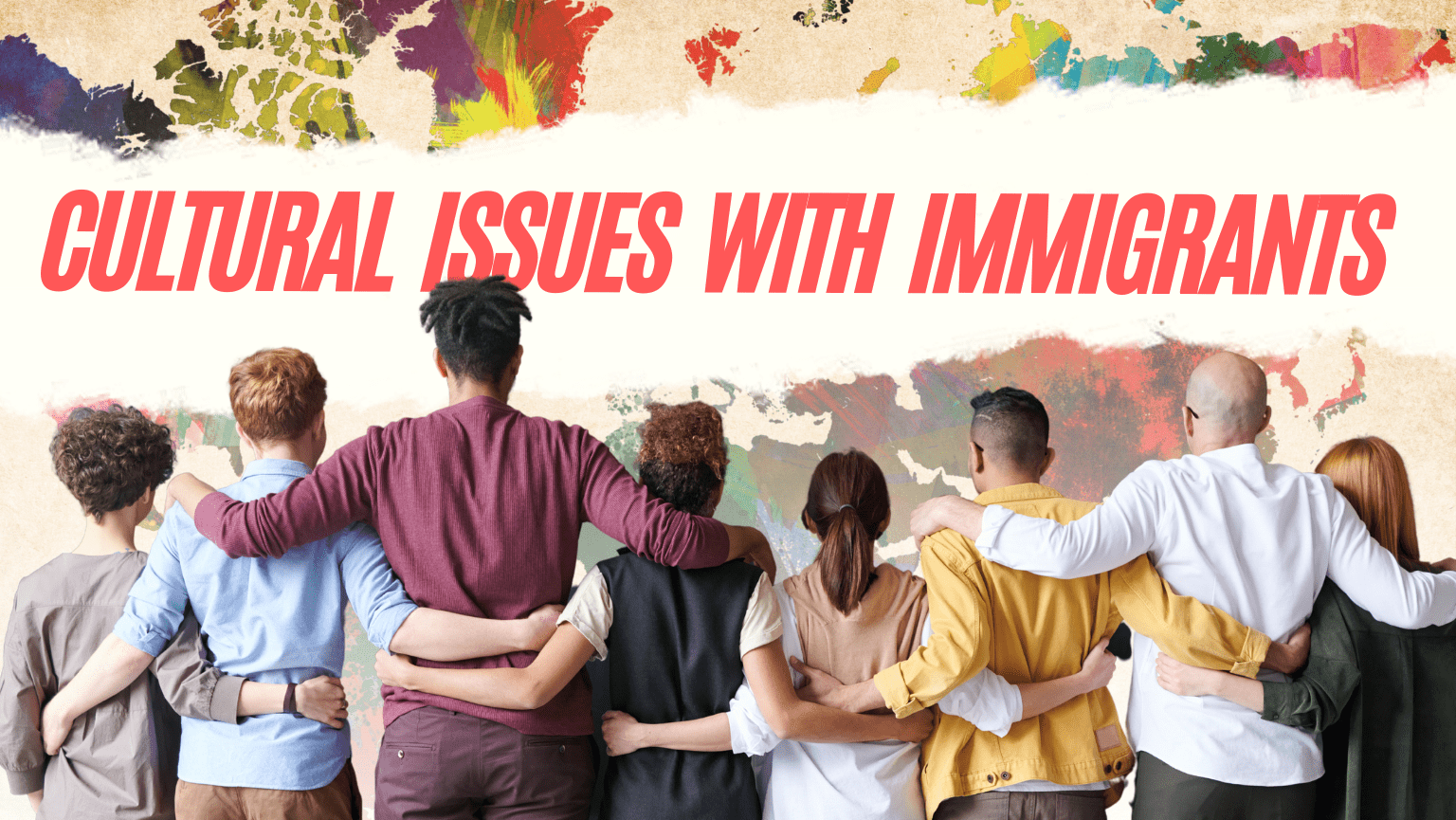Related Post







Cultural Issues with immigrants
Cultural Issues with immigrants!
credit: www.vircs.bc.ca
It is difficult enough for Canadians to move from one part of Canada to another. How much more difficult it must be for an immigrant to move from one country to another.
The Rural to Urban Adjustment: Those who come from rural areas are accustomed to a simple society where everyone has a place in the community and no one is a stranger. Often these people are thrust into a fast, impersonal, urban society that can be confusing and overwhelming.
Cultural Shock: There is generally little or no preparation for the challenges an immigrant faces with respect to their traditional value system. Both adult and children immigrants face cultural challenges: the adults through daily interactions and the children through the school system. How do you respond to the new culture whose value system differs from your own?
Loss of Social Support System: Family ties and deep friendships are frequently severed. Immigrants often lack social resources to draw upon to support them through new experiences and difficulties in a new country. Feelings of loneliness and isolation are quite common as newcomers grapple with a new environment and settlement issues.
Change of Economic Status: Often immigrants come with special skills that are not recognized. A lack of fluency in English and lack of Canadian experience often leads to acceptance of positions of lower stature. The struggle to get established frequently leads to a decision to have the mother enter the workforce. This can bring a change of role and added pressures for the mother.
Role Reversal: Children come to have power over their non-English speaking parents and grandparents as they learn English and control the communication from school and with the surrounding English-speaking communities. They communicate to parents what they want their parents to know and hear. Grandparents may find their traditional authority questioned by their children and challenged by their grandchildren. They often feel useless, lonely, isolated. They find themselves totally dependent on their children with few meaningful activities to engage in.
Change of Social Status: The family is thrust into a new society where its members’ social status may not be the same. Consequently, they develop a need to establish and prove themselves.
Adjustment to the Educational System: Many immigrants come from a strict, traditional, authoritarian system, which separates school and home. Canada, on the other hand, utilizes an open educational system, which promotes parent involvement in the child’s education life. For many, this is a foreign concept. Often the opportunity for a better education for their children provides the impetus for immigrating. Therefore, the pressure to succeed in school is tremendous.
Parenting Dilemmas: The conflict between family needs and individual needs. The Canadian society is an individualistically oriented society, contrary to the strong family orientation of traditional societies. The strict authoritarian discipline of traditional societies versus our more democratic, consultative model; pressure to maintain the old ethnic culture at home opposing the school peer pressure facing the children to be accepted like other Canadians. The authority of parents is challenged and parents are often torn between old values of grandparents and their children’s wishes.
Adolescent Identity Crises: Who are we? Caught between two cultures, which values do we accept? Reject? “Banana” is a derogatory term for Chinese who reject the Chinese culture – they are “white inside and yellow outside”. They must learn to be comfortable with both cultures. They must be proud of who they are or there will be repercussions. The real advantages of their dual culture heritage must be stressed. They can participate in two cultures. The crucial issue is whether the two cultures can be bridged. Those who successfully integrate the two are richer and stronger for it. They can draw on two cultures for more creative solutions to problems to work and to life.
Generation – Communication Gap: As the children begin to assimilate into their new society, many lose fluency in their ethnic language while the adults fail to learn English. There is no longer effective communication between children, parents, and grandparents. Often a feeling of distance develops as children become better educated than their parents. Some children become ashamed of their family and heritage.
Negatives in Society: Visible minorities in our society are sometimes faced with discrimination, misunderstanding, and prejudice. This negativity, aggravated by a potentially depressed economy, can sometimes make immigrants scapegoats. As in any society, there is the usual suspicion of newcomers by more established groups.
Many immigrants successfully cope with these challenges but there are others who do not have the inner resources or experience to deal effectively with them. We as good hosts have a responsibility to assist those who need support to successfully integrate. By providing support services we not only strengthen the family and our society, we can “head off” the development of major adjustment problems. In addition, we can invite and facilitate immigrant contributions to Canadian society. Here we have an opportunity to show the world how many different races and cultures can live, work and play together in peace and contentment. What a hopeful and exciting challenge for all of
